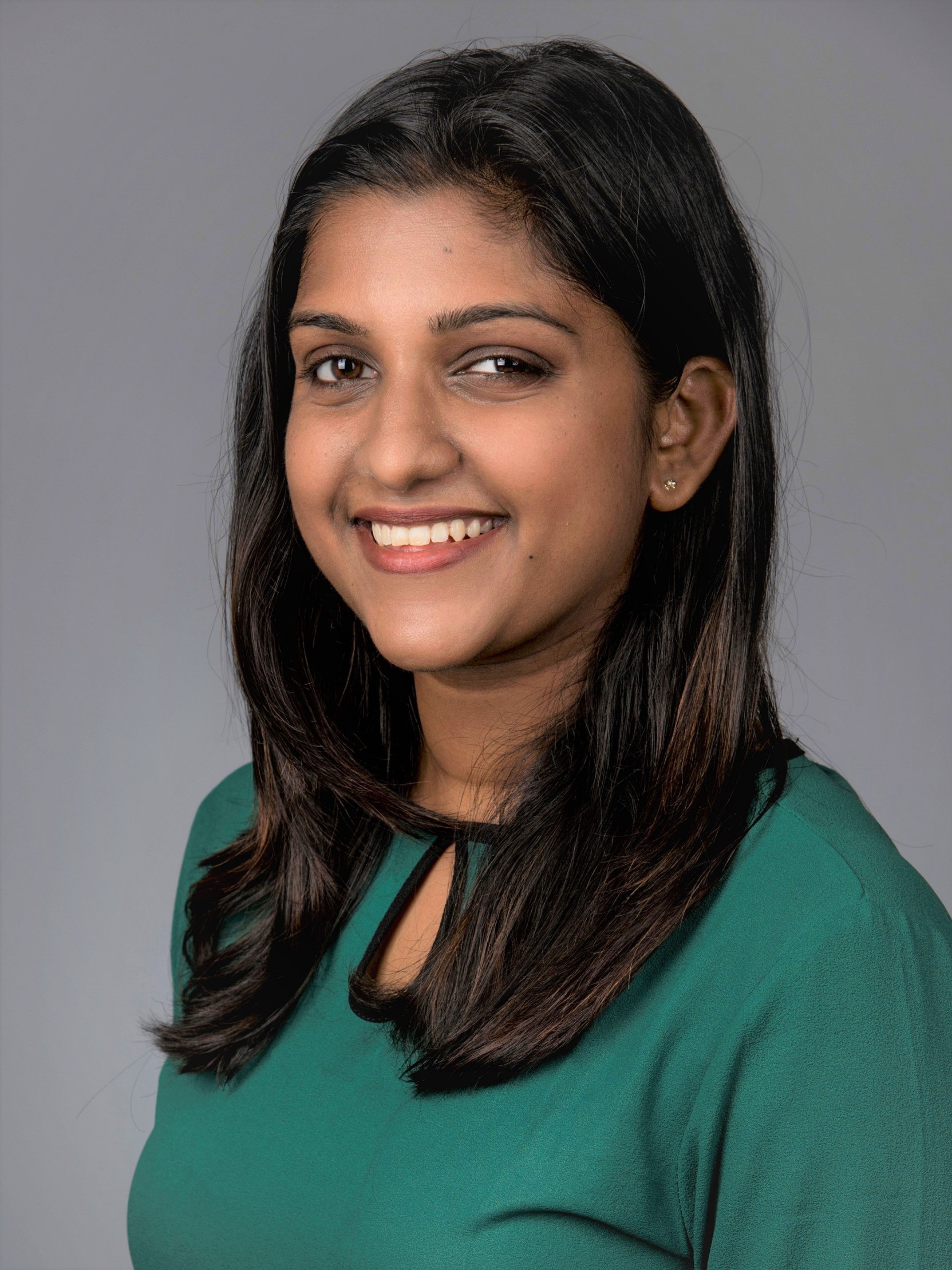Name: Hasini Weerathunge
Earned Degree(s): Bachelor of Science in Electronic and Telecommunication Engineering, University of Moratuwa, Sri Lanka; Master of Science in Biomedical Engineering, Boston University, USA
Program of study/Year in program: Doctor of Philosophy in Biomedical Engineering, Boston University, 5th year
Mentor/Advisor: Dr. Cara Stepp
University: Boston University
ANCDS Fellowship Mentor: Dr. Lynda Feenaughty
Area(s) of research, teaching, and/or clinical interest: Motor Speech Disorders, Fluency Disorders, Voice disorders
1. Why were you interested in the ANCDS conference fellow program?
I strongly believe that understanding the mechanisms of communication disorders from a neurological perspective can lead to enhanced and informed therapeutics as well as robust objective measures for voice and speech symptoms. My dissertation work is focused on investigating the effects of auditory and somatosensory feedback in laryngeal and articulatory motor control in speakers with Parkinson’s disease (PD). The ANCDS Student Fellowship is a key factor in enhancing my network of researchers and resources in neurologic communication disorders and sciences to achieve my doctoral and career goals. It provides me with the opportunity to get the guidance of mentors specialized in Neurological Disorders to focus my career goals as a clinical investigator.
2. What did you enjoy about the ANCDS conference fellow program?
It was wonderful to meet Dr. Lynda Feenaughty prior to and during the conference. She provided me with a lot of insight into academic research in general. I greatly enjoyed learning about her research and her journey as a clinical researcher. The conference itself was extremely informative. Learning about right hemisphere disorders from experts in the field was a definite highlight of the event. I am thankful for this wonderful opportunity provided by ANCDS to network with researchers and clinicians investigating neurological disorders.
3. Why would you recommend the ANCDS conference fellow program to future students?
It is a unique opportunity to build networks with peers and experts in the field of neurological disorders research. I made a set of wonderful connections through this conference which I wish to continue through my research career.
4. Based on this first introduction to ANCDS, what are the benefits to students, clinicians, and/or researchers?
ANCDS as a professional association provides a variety of resources and opportunities to its members. It provides complimentary access to articles and clinical/evidence-based practice guidelines in apraxia of speech, progressive neurological disorders, and dysarthria. It provides opportunities to be in touch with the latest research findings by specialists in neurological communication disorders. Students, clinicians, and researchers can benefit and continue learning with resources provided via the association.
5. Describe your current research and/or clinical work.
Through my dissertation work, I am currently investigating and characterizing speech and vocal motor control via sensorimotor and kinematic measures collected through behavioral experimentation in cohorts with speech and voice disorders. I am also carrying out behavioral data-driven biomechanical and neurocomputational modeling efforts to better characterize vocal motor control and decouple the underlying neurological and biomechanical deficits in specific voice disorders. The outcomes of these studies will be instrumental in improving objective assessment of vocal and articulatory motor control in individuals with hypokinetic dysarthria and vocal motor control in individuals with hyper-functional voice disorders (HVDs). We believe the outcomes will eventually lead to enhanced treatment efficacy in future clinical interventions in these cohorts.
6. Why were you interested in the above clinical or university location to expand your clinical skills?
My research goals have been influenced by my undergraduate experience in medical instrumentation for auditory neuropathy, industry exposure in biomedical signal processing, research in speech science under several influential mentors, and working with individuals with Parkinson’s disease (PD) as a Master's and Ph.D. student. I joined a multidisciplinary lab to pursue my doctoral studies to nurture skills in foundational speech science, computational neuroscience, and motor speech disorders. My doctoral studies in Biomedical Engineering at Boston University have provided me with opportunities to collaborate with faculty and peers in other disciplines and work closely with mentors from Speech, Language, and Hearing Sciences and the Graduate Program for Neuroscience. Pursuing research in the STEPP lab for Sensorimotor Rehabilitation Engineering has helped me to nurture my engineering skillsets to better suit research in voice and speech disorders.

